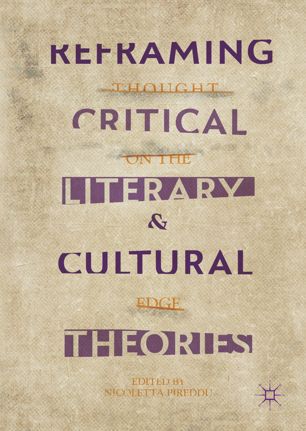

Most ebook files are in PDF format, so you can easily read them using various software such as Foxit Reader or directly on the Google Chrome browser.
Some ebook files are released by publishers in other formats such as .awz, .mobi, .epub, .fb2, etc. You may need to install specific software to read these formats on mobile/PC, such as Calibre.
Please read the tutorial at this link: https://ebookbell.com/faq
We offer FREE conversion to the popular formats you request; however, this may take some time. Therefore, right after payment, please email us, and we will try to provide the service as quickly as possible.
For some exceptional file formats or broken links (if any), please refrain from opening any disputes. Instead, email us first, and we will try to assist within a maximum of 6 hours.
EbookBell Team

5.0
98 reviewsThis book participates in the ongoing debate about the alleged “death of theory” and the current post-theoretical condition, arguing that the “finitude” of theoretical projects does not mean “end”, but rather contingency and transformation of thinking, beyond irreconcilable doctrines. Contributors from different cultural and scholarly backgrounds and based in three different continents propose new areas of investigation and interpretive possibilities, reopening dialogues with past and present discourses from a plurality of perspectives and locations. After a first section that reassesses the status and scopes of critique, theory, and literature, the book foregrounds new or neglected critical vocabulary, literary paradigms, and narrative patterns to reread texts at the intersection with other branches of the humanities—history, philosophy, religion, and pedagogy. It then explores geopolitical, cultural, and epistemological domains that have been historically and ideologically overdetermined (such as postsocialist, postcolonial, and cosmopolitan spaces), recodifying them as unstable sites of both conflicts and convergences. By acknowledging the spatio-temporal and cultural delimitations of any intellectual practice, the book creates awareness of our own partiality and incompleteness, but treats boundaries as zones of contact, exchange, and conceptual mobility that promote crossings and connections.